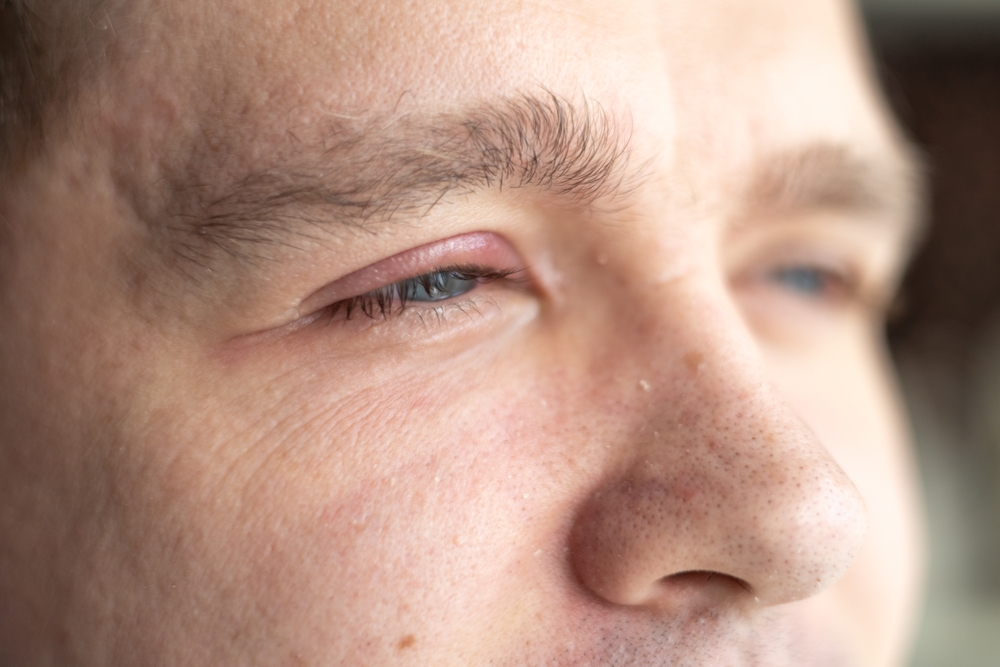
Blepharitis is a common but often frustrating eye condition that causes inflammation of the eyelids, leading to symptoms such as redness, itching, a gritty sensation, and crusting along the lash line. Although it is not usually serious, the persistent discomfort can interfere with daily life and overall eye health. Fortunately, several home remedies and professional treatments can help manage blepharitis effectively.
What is Blepharitis?
Blepharitis is typically caused by bacterial infection, clogged oil glands, or, in some cases, skin conditions like dandruff or rosacea. The condition can be chronic, with symptoms that come and go, or it may present acutely following an infection or allergic reaction. Understanding the type and cause of blepharitis can help in choosing the best treatment options.
Understanding the Types of Blepharitis
Blepharitis can be classified into two main types: anterior blepharitis and posterior blepharitis. Anterior blepharitis affects the outer edge of the eyelid, where the eyelashes attach, and is often caused by bacteria or skin conditions such as dandruff on the scalp and eyebrows. Symptoms typically include redness, crusting, and irritation along the lash line, which can be managed through regular cleaning and topical treatments.
Posterior blepharitis, on the other hand, occurs when the meibomian glands along the inner edge of the eyelids become clogged or inflamed. This type is often associated with skin conditions like rosacea and can lead to dry, gritty eyes and discomfort due to reduced oil flow in the tear film.
Home Remedies for Blepharitis
Many people find relief from blepharitis with simple, consistent home care. Here are some effective at-home remedies to consider:
Warm Compresses: Using a warm, damp washcloth on the eyes for 5-10 minutes can help loosen crusts and oils blocking the eyelid glands. This method not only provides immediate relief but also promotes better oil flow, reducing gland blockage.
Eyelid Hygiene: Regular eyelid hygiene is essential for blepharitis management. You can gently clean your eyelids using a diluted baby shampoo or a specially formulated eyelid cleanser. With a clean cotton pad or cloth, gently scrub along the lash line to remove any crust or debris.
Over-the-Counter Eye Drops: Artificial tears or lubricating eye drops can help relieve the dry, gritty sensation associated with blepharitis. Make sure to choose preservative-free drops, as they are gentler for sensitive eyes.
Omega-3 Supplements: Omega-3 fatty acids, found in fish oil and flaxseed oil, have anti-inflammatory properties that can support healthy tear production and help reduce eyelid inflammation. Including these supplements in your diet may improve blepharitis symptoms over time.
Dietary Adjustments: Since blepharitis is sometimes associated with skin conditions like rosacea, certain dietary changes can help. Limiting spicy foods, alcohol, and sugar, which can aggravate rosacea, may help in managing blepharitis flare-ups.
Professional Treatments for Blepharitis
While home care can be effective, some cases of blepharitis may require professional treatment, especially if symptoms persist or worsen. Here are some options your eye care professional may recommend:
Prescription Eyelid Scrubs: For severe cases, prescription-strength eyelid scrubs can provide a deeper clean to the eyelid margins. These solutions contain medications that can help reduce bacterial buildup and inflammation more effectively than over-the-counter options.
Antibiotic and Anti-Inflammatory Medications: If blepharitis is linked to a bacterial infection, your doctor may prescribe antibiotic ointments or drops. In cases where inflammation is a primary concern, a short course of anti-inflammatory medication, such as a steroid eye drop, may be recommended to control swelling and irritation.
Lid Margin Debridement: In this in-office procedure, your eye doctor may use specialized tools to remove debris and buildup along the lash line. This treatment can provide relief for those with chronic blepharitis by clearing out clogged glands.
Schedule a Consultation with The Center for Eye Care and Optical Today
At The Center for Eye Care and Optical, we are here to provide the right care for your eyes and recommend treatments that best suit your needs. By combining at-home care with professional treatments, you can find relief and manage blepharitis effectively.
If you are experiencing symptoms of blepharitis, schedule a consultation with The Center for Eye Care and Optical to explore personalized treatment options. Visit our office in West Islip, New York, or call (631) 825-7725 to book an appointment today.










